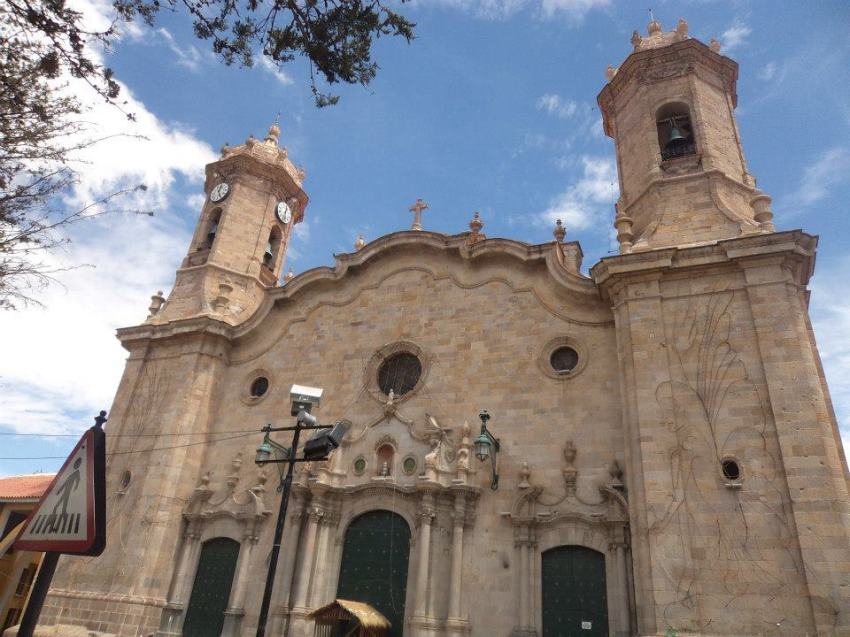Bolivian bishops fight forced closure of Catholic teachers' college, appeal to international court

The Bolivian Catholic Conference of Bishops has filed a complaint to the Inter-American Commission on Human Rights against the Bolivian state over the forced closure of a longstanding Catholic educational institution.
The dispute, which concerns the closure of the Instituto Normal Superior Católico Sedes Sapientiae, or INSCSS, centers on the Education Act enacted by Bolivia's Plurinational Legislative Assembly under Law No. 070, colloquially known as the "Avelino Siñani Law."
The legislation not only nationalized teacher training but also mandated the cessation of private institutions dedicated to educating future educators, effectively closing the doors of the INSCSS, a facility with a 54-year history of service at the time of its closure.
The legal advocacy group ADF International represents the Bolivian Catholic Conference of Bishops in its challenge to the Bolivian government's 2010 decision to shutter private teacher training colleges as part of a broader move to monopolize this sector.
"Both the Bolivian Constitution and international law protect the right to educational and religious freedom, including the right to create and operate educational institutions. Bolivian authorities have blatantly violated both of these rights by forcibly closing the Catholic teachers college," said Tomás Henríquez, director of advocacy for Latin America at ADF International and lead legal advisor for the Bishops' Conference.
Founded in 1956 at the request of Archbishop Abel Antezana of La Paz, the INSCSS was designed to train educators across various educational levels and certify their qualifications in line with national standards.
Over its operational years, the college has contributed significantly to the Bolivian education system, training over 12,750 teachers and producing 125 educational texts, including 14 in different indigenous languages. This contribution was recognized with several prestigious awards, including the National Decoration of the Order of the Condor of the Andes and accolades from the Plurinational Legislative Assembly of Bolivia.
The INSCSS was targeted by the 2010 educational reform, which stripped private institutions of the ability to train teachers. The abrupt closure sparked a series of legal challenges from the Bishops' Conference, including a petition to the Bolivian Ministry of Education and a constitutional challenge, both of which were ultimately dismissed by the national authorities.
After exhausting the constitutional avenues, the case has now been taken to the IACHR by the Centro de Estudios Jurídicos Tomás Moro, an allied organization of ADF International. The Bishops' Conference views the legislation as an infringement of religious and educational freedoms.
"It is our hope that the Inter-American Commission on Human Rights will take this case and hold the Bolivian state accountable for these blatant human rights violations," Henríquez said. "Such overt violations of fundamental freedoms cannot be allowed to stand."
The "Avelino Siñani Law" also raised concerns about the politicization of education, as the curriculum may be used to promote specific political ideologies, particularly those aligned with then-President Evo Morales' Movement for Socialism party, which promotes leftist policies. The incumbent, President Luis Arce, is from the same party.
ADF International notes that Article 13.4 of the International Covenant on Economic, Social and Cultural Rights guarantees the freedom to establish and direct educational institutions, provided they meet state-defined minimum standards.
However, Bolivian law contradicts this by broadly banning organizations and churches from founding and managing teacher colleges without setting the minimal standards needed for operation.
The IACHR is expected to decide on the admissibility of the case in the coming months.



























